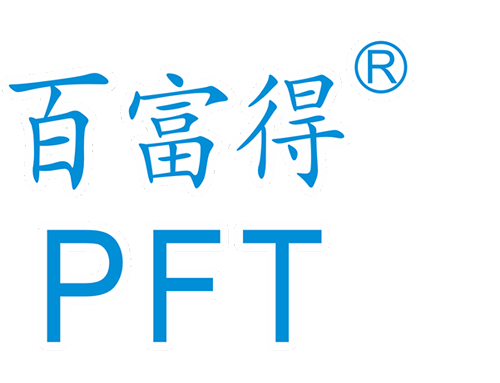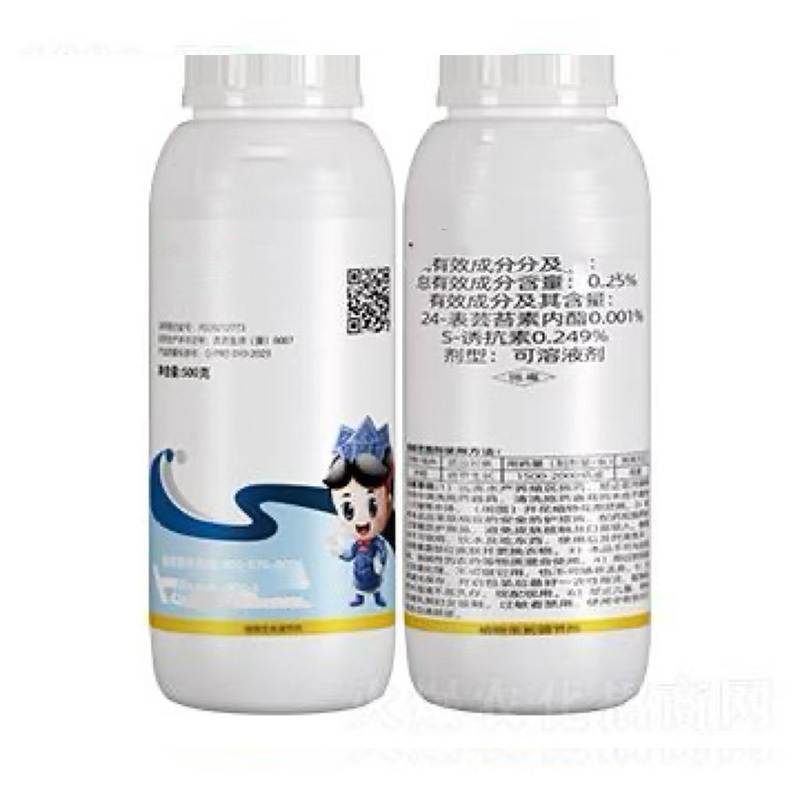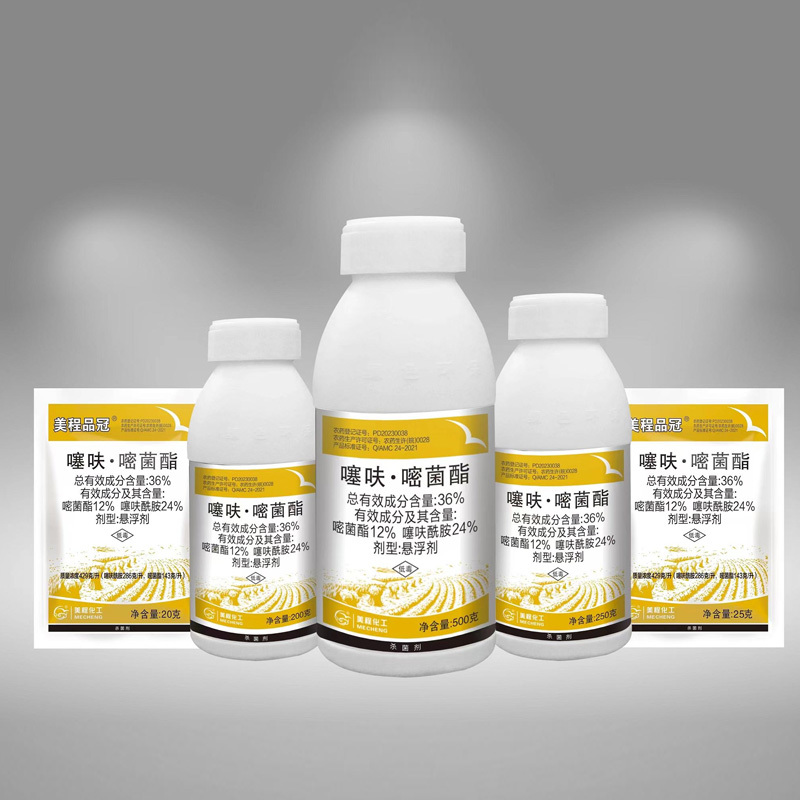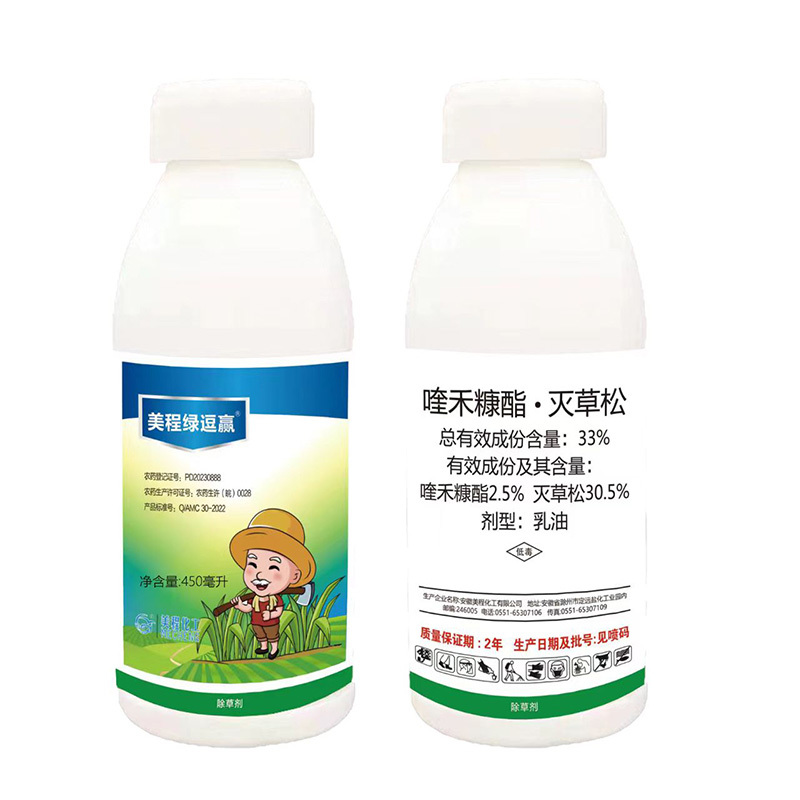Cost-Effective Organic Pest Control Solutions for Farmers: Sustainable Strategies for Thriving Agriculture
Time
2025-10-06
Cost-Effective Organic Pest Control Solutions for Farmers In the realm of agriculture, pest control is a critical concern for farmers dedicated to maintaining the health of their crops. As the demand for organic produce continues to rise, farmers are increasingly seeking **cost-effective organic pest control solutions** that do not compromise on quality or sustainability. This article explores var
Cost-Effective Organic Pest Control Solutions for Farmers
In the realm of agriculture, pest control is a critical concern for farmers dedicated to maintaining the health of their crops. As the demand for organic produce continues to rise, farmers are increasingly seeking **cost-effective organic pest control solutions** that do not compromise on quality or sustainability. This article explores various strategies, resources, and techniques that farmers can utilize to manage pests effectively while adhering to organic farming standards.
Understanding the Importance of Organic Pest Control
Organic pest control refers to methods of managing pest populations using natural substances and techniques rather than synthetic chemicals. The importance of organic pest control lies in its numerous benefits:
1. **Environmental Protection**: Reducing chemical pesticide use helps protect beneficial insects, soil health, and water quality.
2. **Human Health**: Organic practices minimize the risk of pesticide exposure for both farmers and consumers.
3. **Sustainability**: Organic pest control contributes to long-term agricultural sustainability by promoting biodiversity and resilience in ecosystems.
Identifying Common Agricultural Pests
Before implementing control measures, it is essential to identify the common pests that threaten crops. Many farmers encounter pests like aphids, caterpillars, spider mites, and various beetles. Understanding the specific pests prevalent in a region allows farmers to tailor their pest management strategies effectively.
The Role of Integrated Pest Management (IPM)
Integrated Pest Management (IPM) is a holistic approach that combines multiple strategies for pest control. This method encourages farmers to monitor pest populations, understand their life cycles, and use a combination of biological, cultural, and mechanical controls. Implementing IPM can lead to significant cost savings while effectively managing pest pressure.
Key Components of an Effective IPM Strategy
1. **Monitoring**: Regularly inspect crops for signs of pest activity.
2. **Identification**: Accurately identify pests and their natural enemies.
3. **Thresholds**: Establish action thresholds based on pest population levels and economic impact.
4. **Control Methods**: Implement a mix of biological, cultural, and mechanical controls to manage pest populations.
Top Cost-Effective Organic Pest Control Methods
Farmers can adopt various organic pest control methods that are budget-friendly and environmentally sustainable. Below are some of the most effective strategies:
1. Natural Predators and Biological Control Agents
Utilizing natural predators and beneficial insects can significantly reduce pest populations. For example, ladybugs are excellent for controlling aphids, while parasitic wasps can target caterpillars and other pests. By promoting biodiversity on the farm, farmers can encourage these natural allies to thrive.
2. Planting Companion Crops
Companion planting involves growing two or more crops in proximity to deter pests and enhance growth. For instance, planting marigolds alongside vegetables can repel nematodes and other harmful insects. This technique not only serves as a natural pest deterrent but also improves soil health and crop yields.
3. Organic Insecticidal Soaps and Oils
Insecticidal soaps and oils derived from natural sources, such as neem oil, can effectively manage pest populations. These products disrupt the insect's life cycle, making it difficult for them to survive and reproduce. They are often safe for beneficial insects when applied correctly.
4. Crop Rotation and Diversification
Practicing crop rotation and diversifying crops helps disrupt pest life cycles and reduces their prevalence. By rotating crops each season, farmers can minimize the accumulation of pests and diseases that target specific plants.
5. Cultural Practices and Sanitation
Maintaining cleanliness in the farming environment is crucial for pest control. Regularly removing debris, weeds, and infected plants can prevent pests from establishing a habitat. Implementing proper sanitation practices also promotes healthier crops.
6. Physical Barriers and Traps
Utilizing physical barriers such as row covers, netting, and sticky traps can effectively prevent pests from accessing crops. This method is particularly useful for protecting young plants from insects that may cause severe damage.
7. Fermentation and Natural Extracts
Certain fermented products, such as plant extracts and compost teas, can work as organic pest deterrents. For instance, fermented garlic or chili extract can repel various insects, providing a natural alternative to chemical pesticides.
Maximizing the Effectiveness of Organic Pest Control
To ensure that organic pest control solutions are effective, farmers should focus on several key areas:
1. Knowledge and Training
Investing in knowledge and training for farm workers is essential. Understanding pest biology, organic control methods, and the importance of biodiversity can significantly improve pest management efforts.
2. Record Keeping and Data Analysis
Maintaining detailed records of pest populations and control measures can help farmers identify trends and improve their strategies over time. Analyzing data allows for informed decision-making and effective planning for future seasons.
3. Collaboration with Local Resources
Farmers can benefit from collaborating with local extension services, agricultural cooperatives, and organic farming organizations. These resources offer valuable support, including educational materials, pest management guides, and access to organic products.
Addressing Challenges in Organic Pest Control
While organic pest control presents numerous advantages, it is not without challenges. Farmers may face obstacles such as:
1. **Limited Resources**: Access to organic products and materials can sometimes be limited, leading to higher costs.
2. **Evolving Pest Resistance**: Some pests may develop resistance to organic controls; thus, farmers must remain vigilant and adaptable in their strategies.
3. **Initial Learning Curve**: Transitioning to organic methods requires time and education, which can deter some farmers from making the switch.
FAQs About Cost-Effective Organic Pest Control Solutions
1. What are the best natural predators for common pests?
Natural predators like ladybugs, lacewings, and predatory mites are effective for controlling aphids and spider mites.
2. How can I start implementing an IPM strategy on my farm?
Begin by monitoring pest populations, identifying them accurately, setting thresholds, and integrating biological, cultural, and mechanical controls.
3. Are organic pesticides safe for beneficial insects?
Most organic pesticides are formulated to target specific pests and are safe for beneficial insects when applied correctly. Always check product labels for guidance.
4. Can companion planting really deter pests?
Yes, certain companion plants can repel pests while attracting beneficial insects, making them a valuable addition to organic pest control strategies.
5. How often should I monitor my crops for pests?
Regular monitoring is essential, ideally checking crops weekly, especially during peak growing seasons when pest activity is higher.
Conclusion
In conclusion, adopting **cost-effective organic pest control solutions** is not only beneficial for the environment but also essential for the long-term sustainability of farming practices. By utilizing methods such as natural predators, companion planting, and integrated pest management, farmers can effectively manage pests while minimizing costs and maximizing crop yields. Implementing these strategies takes commitment, but the rewards—a healthier ecosystem, higher-quality produce, and improved farm resilience—make it worthwhile. Embracing organic pest control solutions is a step towards a sustainable future in agriculture, and with the right knowledge and tools, farmers can thrive amid the challenges posed by pests.
Latest News






